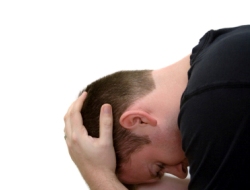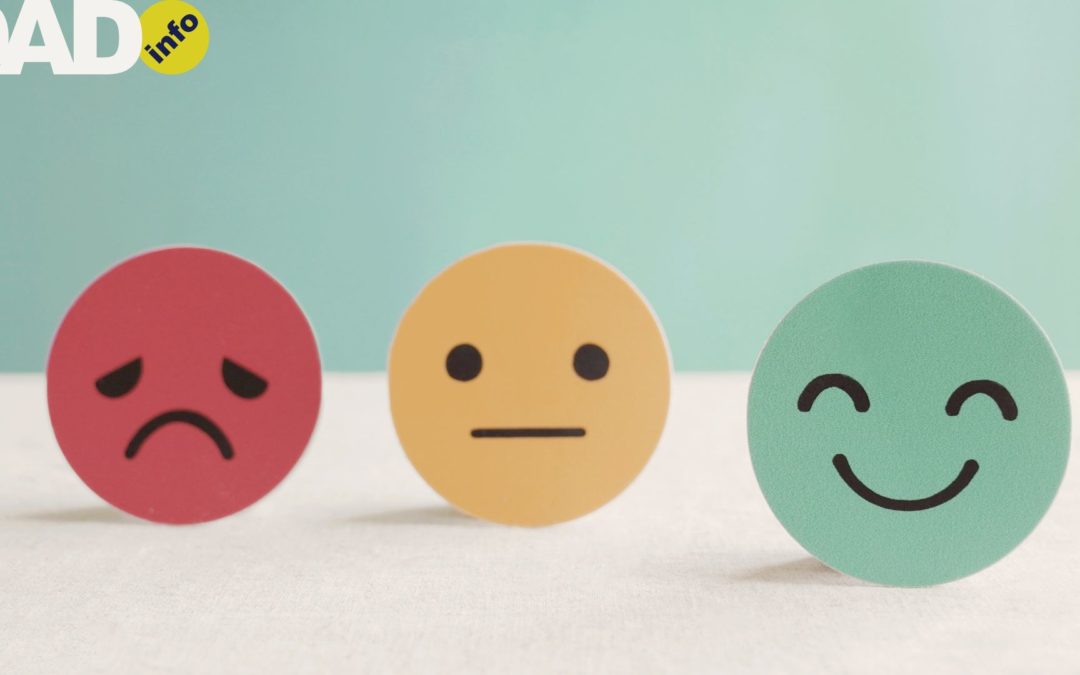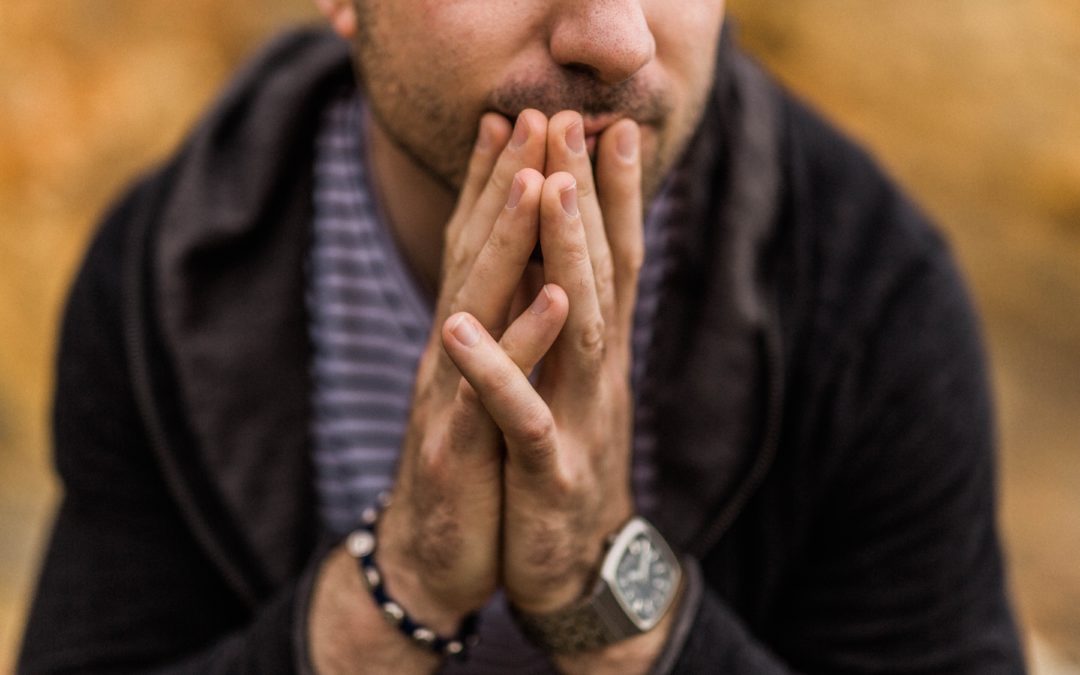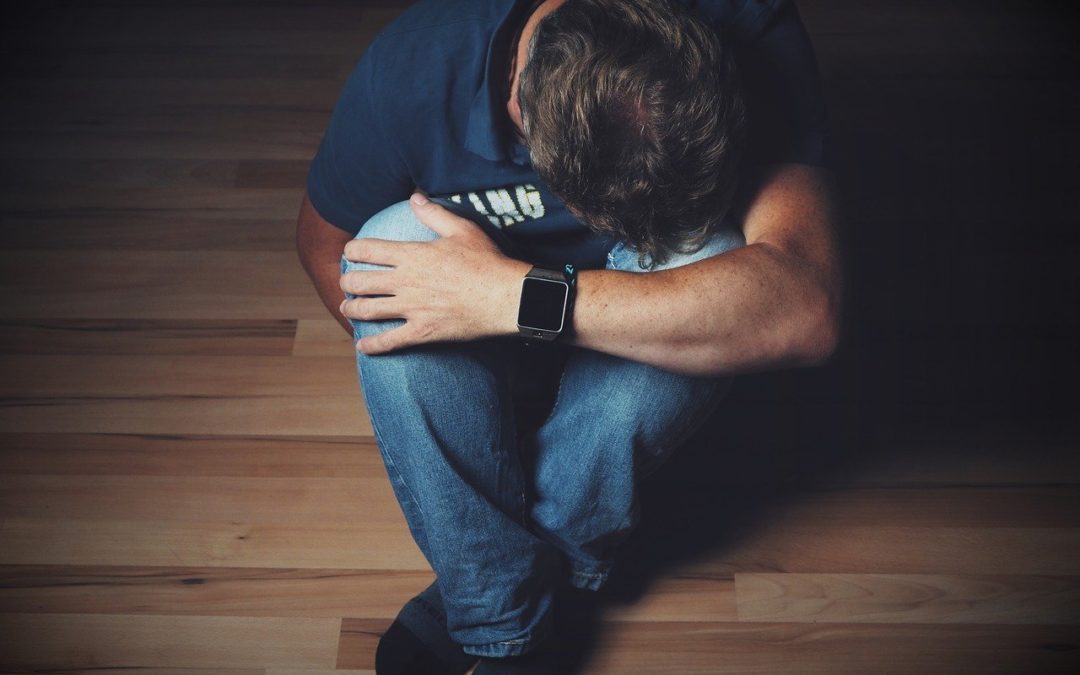 A Samaritans report suggests that macho stereotypes contribute to boys being more prone than girls to mental health problems
A Samaritans report suggests that macho stereotypes contribute to boys being more prone than girls to mental health problems
Research shows that boys are more prone than girls to mental health problems across the whole age range and across most mental health diagnoses. It is not clearly established why this is the case but the Samaritans’ report ‘Young men speak out’ suggested that macho stereotypes were preventing men from asking for help. The survey revealed that young men in distress were more likely to use violence and antisocial behaviour to express themselves than to tell someone how they felt.
The combination of being black and male is associated with some of the highest levels of mental distress experienced in the UK today. African Caribbean men are: three times more likely than white men to be formally detained (‘sectioned’) under the Mental Health Act. It is not generally known why these statistics should be so worryingly high but there is a school of thought that the racist harassment and abuse that African Caribbean people have experienced in the UK could well account for many of the problems. Some commentators feel that social factors such as poverty and low levels of education may also be contributory factors.
Other cultural influences can play an important part in men’s mental health, for example within Chinese culture, men are taught from a very early age not to express emotions, as this is seen as a sign of weakness. This, combined with the stigma surrounding depression and mental stress, can lead to severe depression and mental illness.
Irish men too have particularly high rates of depression and alcoholism and are also more likely to suffer major mental illnesses than their counterparts in other areas of the UK. While suicide is low among Asian men and older people, Indian men have a high rage of alcohol related problems.








